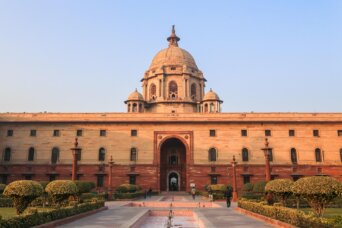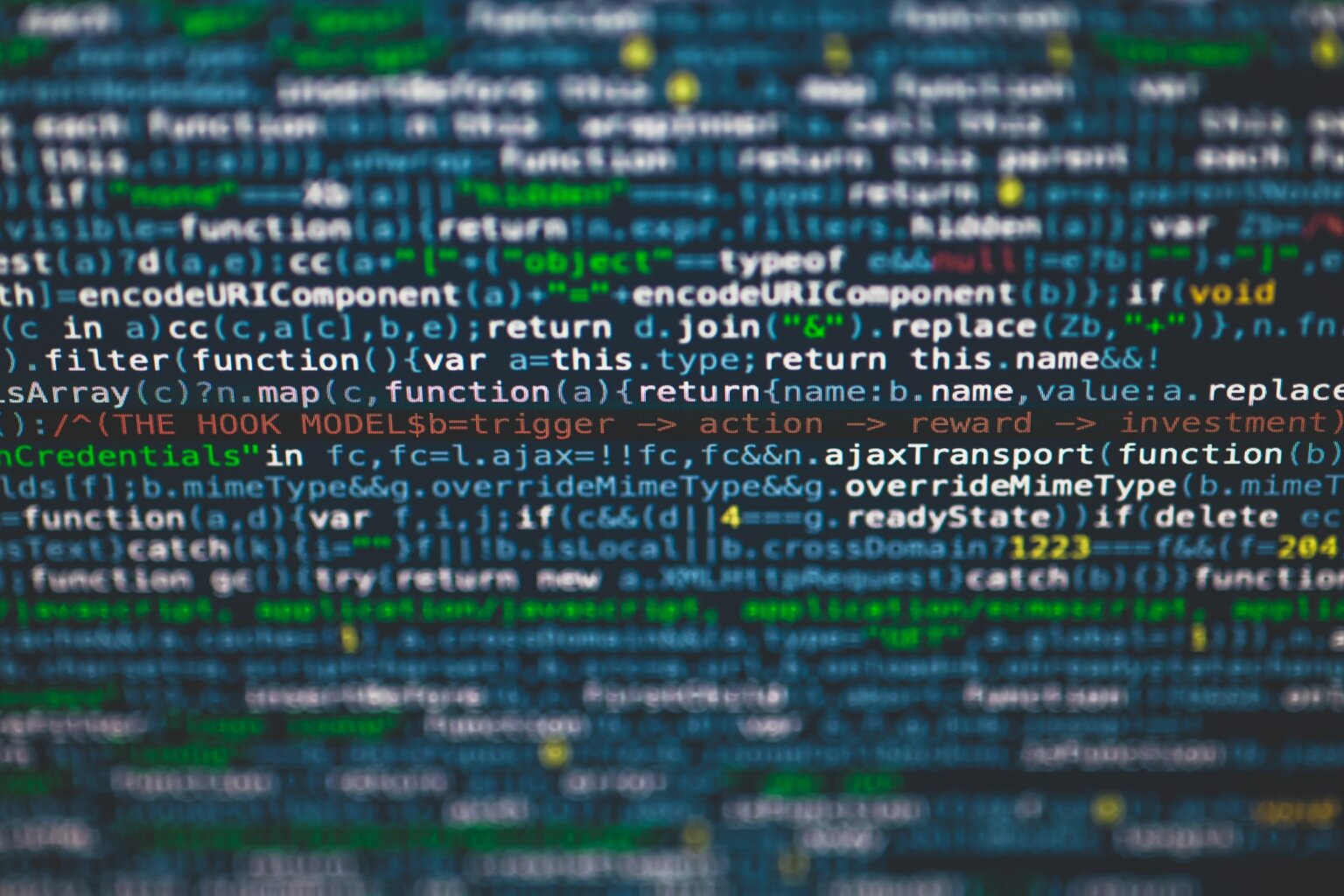- About
- Topics
- Picks
- Audio
- Story
- In-Depth
- Opinion
- News
- Donate
-
Signup for our newsletterOur Editors' Best Picks.Send
Read, Debate: Engage.
| topic: | Democracy |
|---|---|
| located: | India |
| editor: | Tish Sanghera |
Speaking in person at the podium of the 76th UN General Assembly, Prime Minister Narendra Modi made a bold claim: “India is known as the mother of democracy,” he bellowed, adding that the country’s “diversity is the identity of our democracy.”
The claim is bold considering that since Modi came to power in 2014, multiple institutions and indexes have documented the slow but deliberate weakening of India’s democratic functioning. According to the Economist Intelligence Unit’s 2019 Democracy Index, for example, India slipped 10 places from the previous year, landing it at 51st place - behind countries such as Colombia and Malaysia, which have historically had more troubled democracies. It joined a new club of “flawed democracies,” because of “an erosion of civil liberties in the country,” the report stated.
India may be the home of democracy, according to its leader, but recent events show the current BJP-led regime is actively working against democratic liberties.
The erosion of press freedom is one of the most visible ways in which the government has suppressed a core civil liberty: freedom of speech. India slipped nine places between 2016 and 2020 on the World Press Freedom Index compiled by Reporters Without Borders. The Modi regime has even used the coronavirus pandemic to prosecute reporters whose coverage deviated from the official line, the report described.
Most recently, four Kashmiri journalists writing for international media publications and one local magazine editor had their premises raided this month, in a not uncommon display of media harassment. The murder of journalist Gauri Lankesh in her home at the hands of radical Hindu nationalists also shows how journalists have become targets of those emboldened under the current BJP government to seek out ‘anti-nationalist’ individuals.
If diversity is the cornerstone of India’s democracy, as PM Modi claims, then his government is failing to protect that as well. Anti-muslim hate crimes have become so common, they are almost unexceptional. They range from lynchings after a refusal to chant Hindi slogans to economic boycotts. Such actions are unsurprising when the chief minister of India’s most populous state, Uttar Pradesh, regularly spouts vitriol against muslims himself.
Despite this well-documented targeting of minorities, increasingly autocratic behaviour and crackdowns on free speech and religious diversity, the international community has remained silent. That the country’s PM can wax lyrical about concepts such as democracy, diversity and the need to curb extremism at the world’s largest multilateral platform without censure shows just how critical the idea of an Indian democracy is to western leaders.
In truth, the West needs to keep India on its side to counter a strengthening China – as seen by India’s inclusion in groupings like the Quad and Modi’s warm reception by the White House this week. Ironically, however, the more the West avoids raising these issues with PM Modi, the more the West – the supposed standard bearers of democracy – fails at defending democracy across the world.
Photo by Maahid Photos

